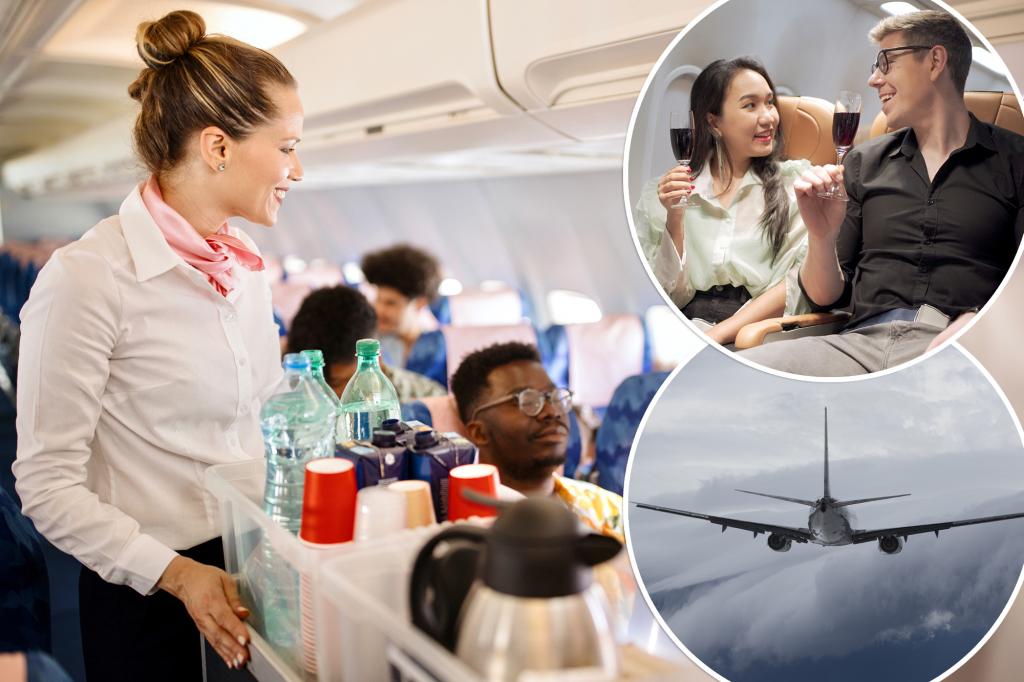The taste of food can be affected while flying due to several factors, according to researchers. Charles Spence, an experimental psychologist at Oxford University, explained that dry cabin air, low cabin pressure, and loud engine noise are some of the reasons why food may taste subpar in-flight. Dryness and low cabin pressure reduce taste bud sensitivity to salty and sweet foods by 30%, while citrus flavors are also less effective. Lisa R. Young, an adjunct professor of nutrition at NYU, added that dry air reduces our sense of smell, affecting how we taste food.
Spence’s 2017 study in the International Journal of Gastronomy and Food Science discussed how loud background noise impacts taste perception. Previous research found that exposure to 85 dB of airplane noise can decrease sweetness perception and increase savory taste perception. Spence recommended wearing noise-canceling headphones to improve the taste of food and drink in the air. He also noted that factors such as flying anxiety, eating alone, and using plastic cutlery contribute to the lackluster dining experience on airplanes.
Despite the challenges of in-flight dining, there are certain food and drink options that can still taste excellent. Spence suggested ordering items with umami taste, such as Parmesan cheese, mushrooms, and tomato. He also recommended drinking a bloody mary for its umami content. Wines made at higher altitudes, like those from Chile, are preferable to sea-level wines as they are better suited to the conditions in the air. Spence advised choosing wines with a sweet fruity nose over tannic oaked wines.
However, there are certain foods and drinks to avoid while flying. Spence advised against ordering anything sweet, salty, or carbonated, as they can be unhealthy and less satisfying at higher altitudes. One exception to the carbonated beverage rule is ginger ale, which some passengers find refreshing despite its altered taste in the air. While ginger ale may lack its usual sweetness on a plane, it still provides a dry and crisp flavor that some travelers enjoy.
In conclusion, the taste of food while flying can be affected by factors such as dry cabin air, reduced taste bud sensitivity, and loud background noise. Despite these challenges, there are ways to enhance the taste of in-flight dining, such as ordering items with umami taste and selecting wines made at higher altitudes. Certain foods and drinks should be avoided on airplanes to prevent discomfort and ensure a more enjoyable dining experience. Ginger ale is a popular choice for travelers looking for a refreshing beverage that still tastes good while flying.


